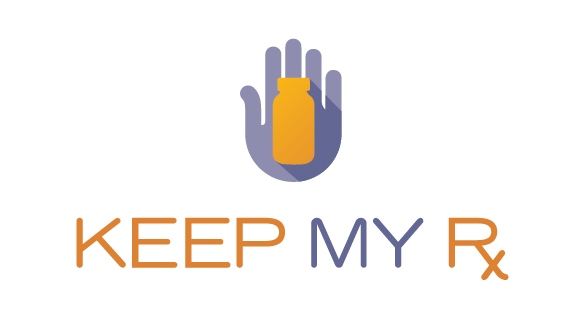Share Your Story Next Monday!
The Special Commission to Study Switching Medications is holding a public listening session, and they want to hear your stories and ideas.
Listening Session
November 13, 2017 — 5:00PM – 7:00PM
Health Policy Commission
50 Milk Street 8th Floor
Boston, MA
If you or someone you know has had medication switched by your health plan, please join us to share your story. Fill out the form below to let us know you’ll be able to attend.
What is Non-Medical Switching?
To maximize their profits, health insurers have been not only raising premiums but also intensifying efforts to contain their costs – restricting formularies, embracing utilization management practices and imposing benefit designs that shift the expense of medicines to patients.
Non-medical switching of medicines can cause adverse reactions, side effects, or complete loss of response to medication treatment. This can lead to disease progression, reduced functional capabilities and a lower quality of life for patients. In fact, according to one study, within six months of a non-medical switch, rheumatoid arthritis patients incurred 42-percent more emergency room visits and 12-percent more outpatient visits.
The Patient’s Right to be Stable
The #KeepMyRx campaign contends that if a patient’s condition is stabilized on their current therapy then they have a right to stay on the medicine their doctor has prescribed. This right should persist from plan year to plan year, and continue even if the health plan drops the medicine from its formulary. Only with the patient’s and doctor’s consent should a health plan or a pharmacy be able to switch a patient to a different therapy.
What Can Lawmakers Do?
KeepMyRx supports legislation that would limit non-medical switching, a practice used by health plans that kicks Commonwealth residents off much-needed, and previously-covered, prescription medications for no medical reason.
Public policy should prevent health plans from implementing the following tactics on enrollees that continue to be prescribed a currently covered drug:
- Removing a drug from a formulary
- Adding a requirement that an enrollee receive prior authorization for a drug
- Impose or alter a quantity limit for a drug
- Move a drug to a higher cost-sharing tier
We need your help to spread the word about this issue and to ask your lawmakers to protect patients in Massachusetts. Please indicate if you would be willing to do any of the following:
